
India’s transition from the turbulence of independence to the thriving democracy of today is a tale of extraordinary transformation. Guiding this journey were 15 remarkable individuals, the Presidents of India, whose narratives intricately weave into the fabric of the nation’s history, portraying a vivid tapestry of leadership, resilience, and dedication to the ideals of a nascent republic.
Dr. Rajendra Prasad: Architect of a Nation (1950-1962)
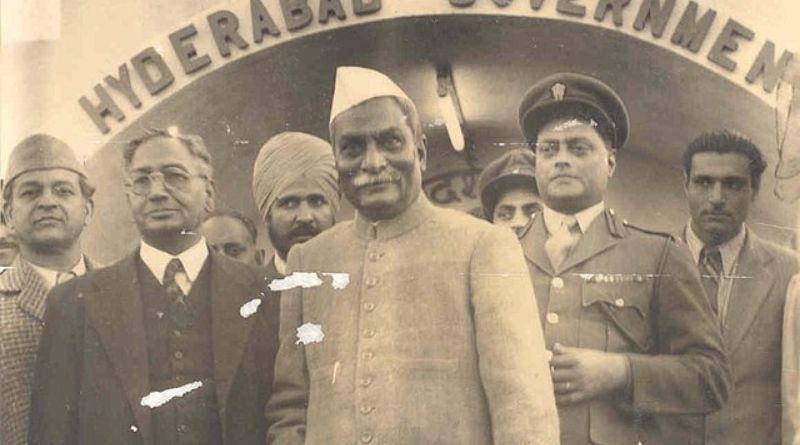
Affectionately known as ‘Rajendra Babu,’ Dr. Prasad, an integral figure in India’s political landscape, played a pivotal role in shaping the nation’s destiny. A close ally of Mahatma Gandhi, he led the Indian National Congress for an unprecedented eleven terms during the freedom struggle. As India’s first President, he laid the foundation for a robust presidency, transcending partisan politics for the greater good. Driven by a profound concern for the underprivileged, his two terms epitomized a commitment to constructing a vibrant democratic society.
Dr. Sarvepalli Radhakrishnan: The Intellectual Helmsman (1962-1967)
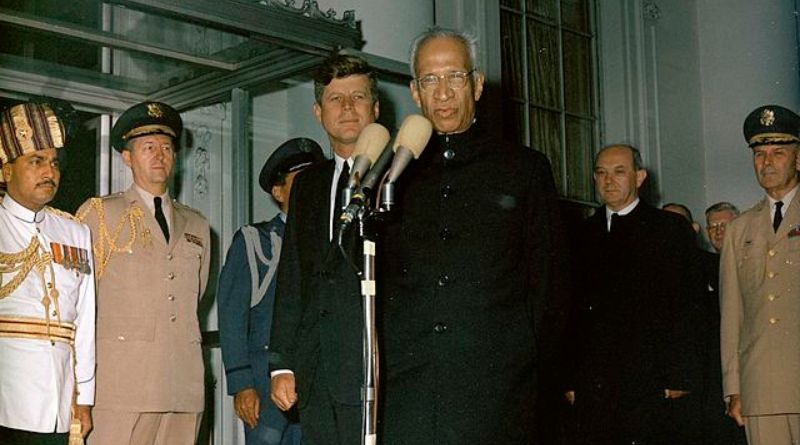
A luminary in philosophy and education, Dr. Radhakrishnan’s presidency showcased the enduring power of intellect and empathy. A staunch advocate for accessible education, he catalyzed the establishment of numerous educational institutions, emphasizing cultural and intellectual dialogue. His legacy resonates with scholars and leaders, underscoring the essence of leadership rooted in knowledge, compassion, and dedication to societal progress.
Dr. Zakir Husain: Bridging Diverse Realms (1967-1969)
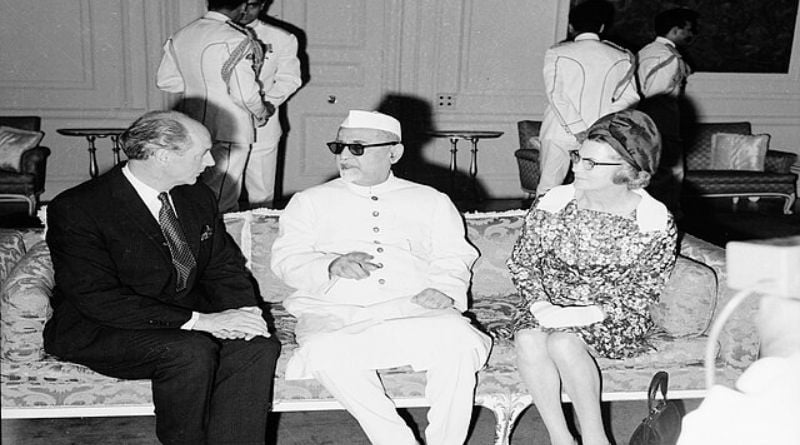
As a distinguished educationist, Dr. Husain brought a profound understanding of India’s diverse social fabric to the presidency. The first Muslim President, he ardently championed interfaith harmony and understanding. His untimely departure emphasized the fragility of life, leaving behind a legacy embodied in countless educational institutions and the principles of inclusivity and social justice.
V.V. Giri: Trailblazing Independence (1969-1974)
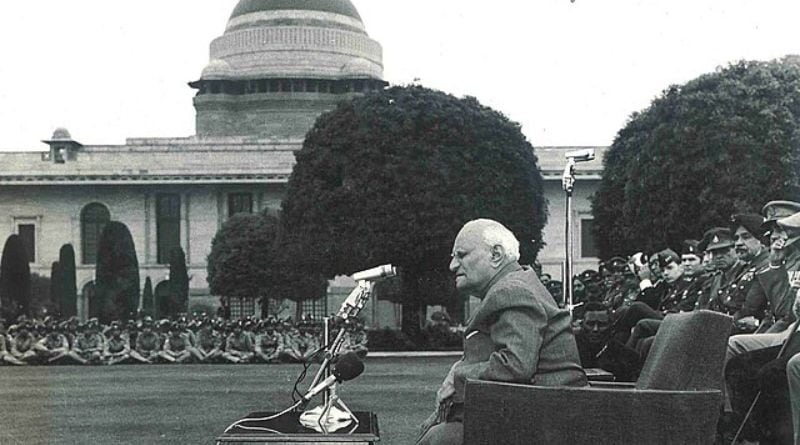
A trade unionist and politician, V.V. Giri’s unconventional journey to the presidency marked a departure from established political norms. Elected as an independent candidate, he stood untethered to major political parties, advocating fiercely against social injustice and for workers’ rights. Giri’s presidency showcased that leadership could emerge beyond traditional political circles, heralding a more inclusive political landscape.
Fakhruddin Ali Ahmed: A Tragic Interlude (1974-1977)
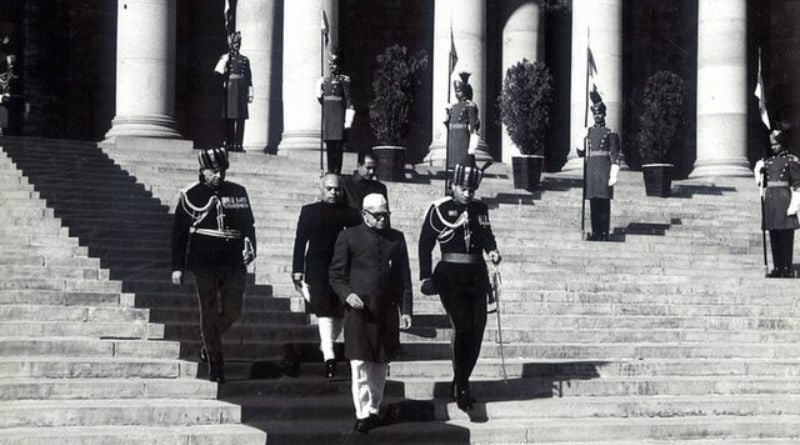
Fakhruddin Ali Ahmed, the fifth President, witnessed a short but eventful term. A progressive thinker with a distinguished career, his sudden demise left a void, hinting at unfulfilled potential and the transient nature of power.
Neelam Sanjeeva Reddy: Navigating Turmoil (1977-1982)
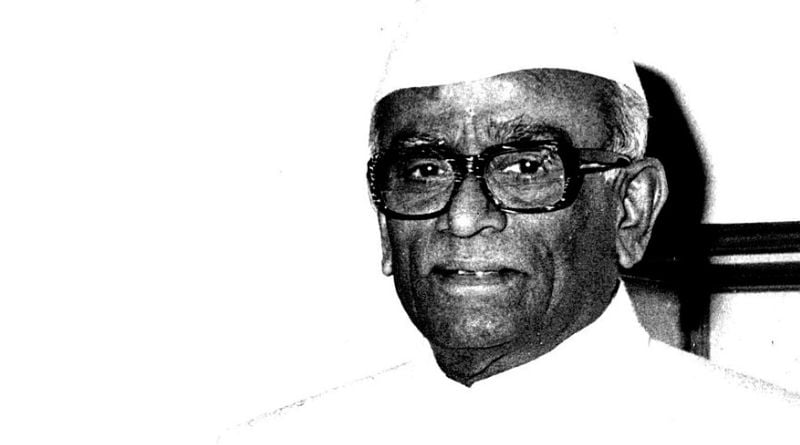
A seasoned politician, Reddy’s presidency navigated India through political turmoil and social unrest during the Janata Party government. His calm demeanor and conciliatory approach bridged political divides, emphasizing the importance of statesmanship during challenging times.
Giani Zail Singh: Humility in Politics (1982-1987)
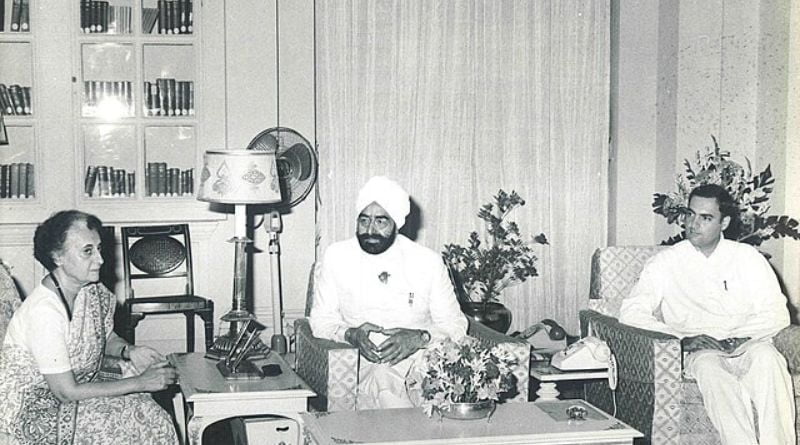
From humble beginnings to the presidency, Giani Zail Singh, the seventh President, brought a deep understanding of rural India to the forefront. His down-to-earth persona and commitment to social justice resonated widely, underscoring that leadership transcends backgrounds, connecting with the hearts and minds of the people.
R. Venkataraman: Economic Stewardship (1987-1992)

A distinguished economist, Venkataraman leveraged his economic acumen as the Union Finance Minister to shape India’s economic policies. His presidency focused on industrial development, foreign investment, and technological advancements, laying the groundwork for India’s economic transformation.
Dr. Shankar Dayal Sharma: The Diplomat’s Touch (1992-1997)
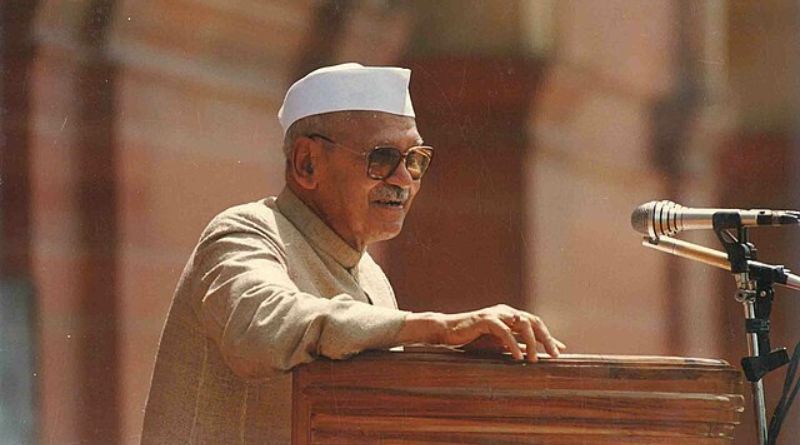
Blending scholarly wisdom with political experience, Dr. Sharma’s gentle diplomacy defused crises during a period of heightened tensions. His emphasis on cultural unity and national integration guided India through turbulent times, emphasizing the importance of civility and diplomacy.
K.R. Narayanan: Breaking Barriers (1997-2002)
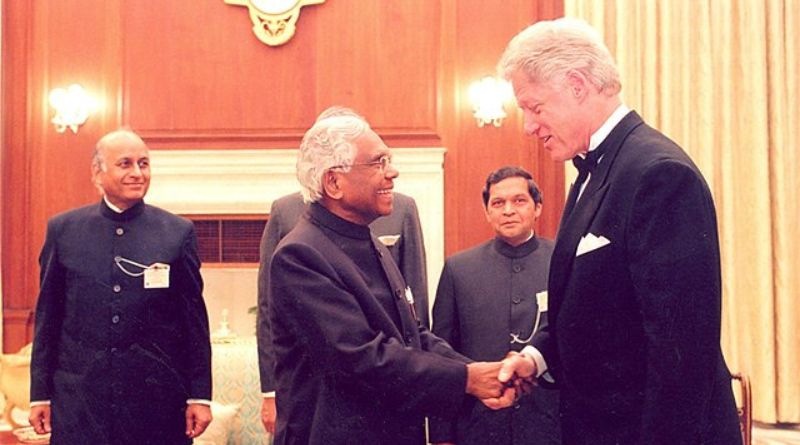
A career diplomat, Narayanan shattered barriers, becoming India’s first Dalit President. His presidency prioritized empowering marginalized communities and promoting social justice through educational reforms and affirmative action policies.
Dr. A.P.J. Abdul Kalam: The Visionary People’s President (2002-2007)
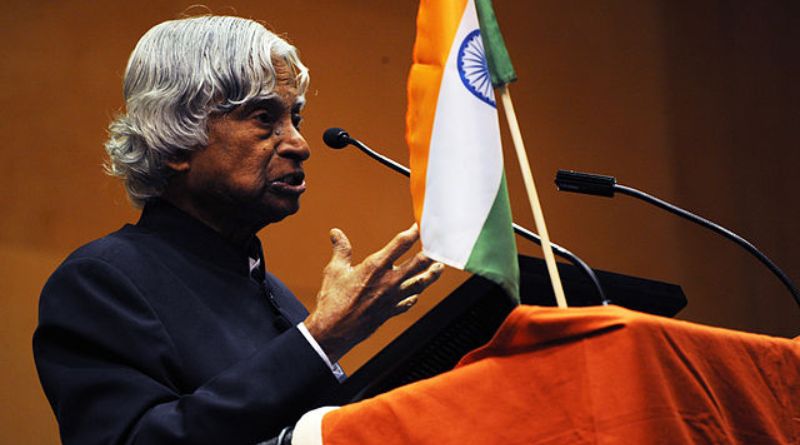
The “Missile Man” of India, Dr. Kalam, transcended conventional politics, embodying a passion for science, technology, and youth development. His presidency focused on scientific advancement, bridging the digital divide, and empowering rural communities.
Smt. Pratibha Patil: Pioneering Equality (2007-2012)
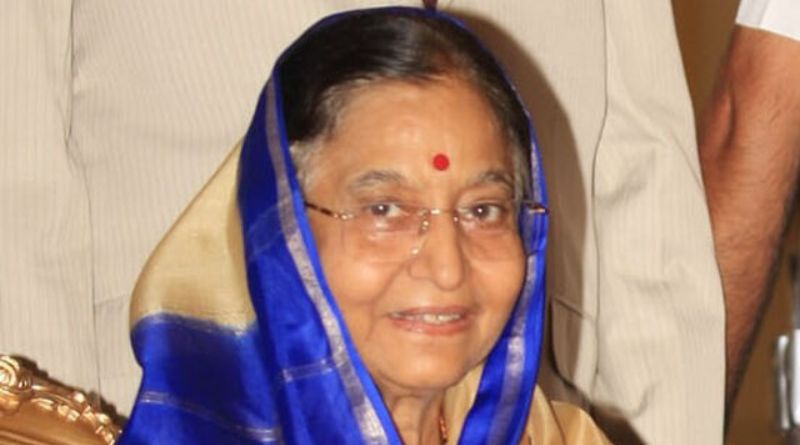
Breaking another glass ceiling, Patil, India’s first woman President, championed gender equality, child welfare, and rural development. Her term marked the launch of initiatives for women’s education and skill development, leaving an indelible mark on India’s social history.
Pranab Mukherjee: The Statesman’s Touch (2012-2017)
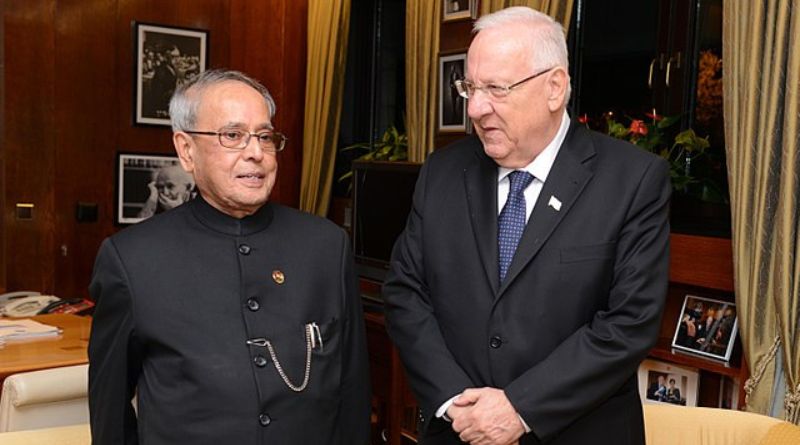
A veteran politician and economist, Mukherjee’s presidency brought a wealth of governance experience. His deep understanding of public policy, commitment to fiscal prudence, and consensus-building skills ushered in economic reforms and infrastructure projects.
Ram Nath Kovind: A Rising Force (2017-2022)

As the second Dalit President, Kovind focused on empowering marginalized communities, rural development, and bridging urban-rural gaps. Initiatives like “Stand Up India” empowered women entrepreneurs, showcasing a commitment to inclusive progress.
Draupadi Murmu: A Historic Chapter Unfolding (2022-Present)
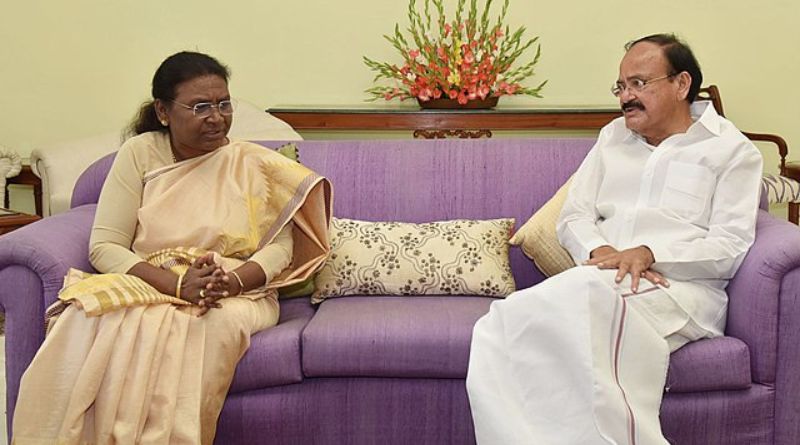
Making history as India’s first tribal woman President, Murmu’s early tenure emphasizes empowering tribal communities, advocating for environmental conservation, and preserving cultural heritage. Her story inspires a nation, embodying hard work, determination, and commitment to dreams.
The legacy of India’s Presidents reflects leadership, resilience, and dedication to a burgeoning republic’s ideals. From Dr. Rajendra Prasad’s nation-building to Draupadi Murmu’s focus on inclusivity, each President leaves an indelible mark. As India evolves, their stories inspire future generations, reminding us that the journey is ongoing, with new chapters continually being written.



